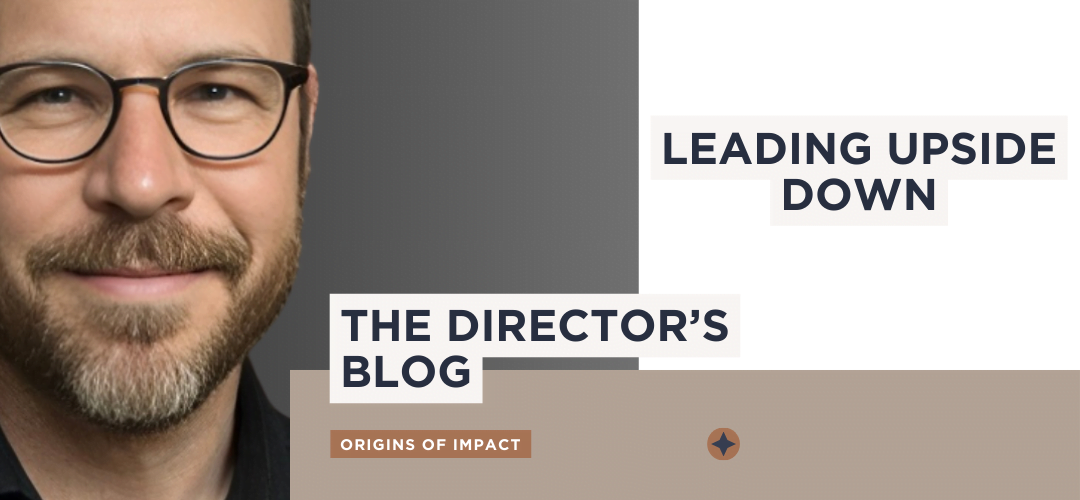
As the founder of Impact Wisconsin, I embarked on a leadership journey that challenged conventional wisdom and transformed not only my approach to leadership but also the very foundation of our organization. At the inception of Impact, we stood at a crossroads, knowing we had one chance to get it right. The path we chose was not the well-trodden one of hierarchy and command, but rather the road less traveled: servant leadership. This approach, focusing on serving first and leading second, became the heartbeat of our mission and the catalyst for our success.
The transition to servant leadership was not merely a strategic decision; it was a personal revelation. My previous experiences in leadership roles had left me feeling that there was something missing, a disconnect between the vision I held and the reality of how it was being pursued. It was only when I encountered the principles of servant leadership that I understood what that missing piece was: the need to invert the traditional leadership model and put the needs of the team and those we served above my own.
Embracing servant leadership at Impact Wisconsin meant redefining what it meant to be a leader. It required a humility to recognize that the best ideas might not always be mine, the patience to listen more and speak less, and the wisdom to empower others to take the lead. This approach was not about diminishing the leader’s role but about amplifying the strengths and voices of the entire team. It was about creating an environment where everyone felt valued, heard, and motivated to contribute to our collective mission.
The implementation of servant leadership was critical in those early days. We knew we were building something special with Impact Wisconsin, a place of hope and recovery for those battling substance use disorder. The stakes were high, and the challenges were daunting. Yet, by leading through serving, we fostered a culture of mutual respect, collaboration, and innovation. This environment allowed our team to thrive, bringing forward creative solutions and building strong, supportive relationships with those we aimed to serve.
The impact of adopting a servant leadership model was profound. It broke down barriers, built trust, and created a sense of shared purpose. Our organization became more than a collection of individuals working towards a goal; we became a community united in our commitment to making a difference. This approach not only facilitated our growth but also deepened our impact, enabling us to reach and transform more lives than we had thought possible.
Reflecting on the journey of Impact Wisconsin, it’s clear that the success of our organization is inextricably linked to our commitment to servant leadership. This philosophy guided us through uncertainty, inspired innovation, and nurtured a culture of compassion and resilience. It was through putting the needs of others first that we found our true strength and purpose.
Servant leadership didn’t just change the way I lead; it reshaped my understanding of success, achievement, and community. It taught me that the greatest leaders are those who serve, and the most enduring organizations are those that are built on a foundation of service. This lesson, learned in the trenches of building and growing Impact Wisconsin, remains my guiding light, a reminder of the power of leading by serving and the transformative impact it can have on the world around us.
